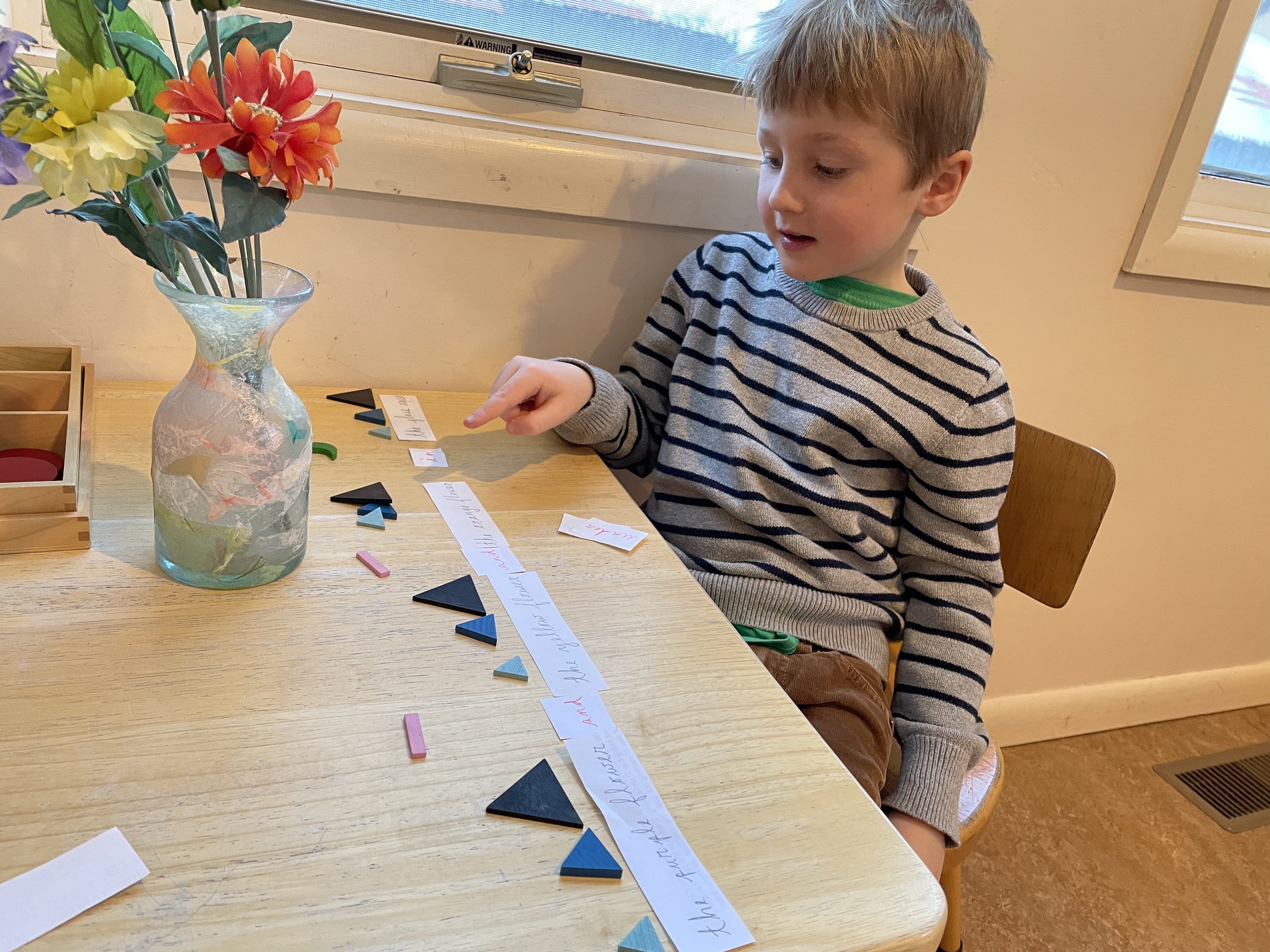
A Montessori Education
Montessori Research and News Articles
Campbell Sysematic Reviews: Montessori education's impact on academic and nonacademic outcomes
Relative to traditional education, Montessori education has modest but meaningful positive effects on children’s academic and non-academic (executive function, creativity and social-emotional) outcomes. This is indicated by a meta-analysis of 32 studies in which it was possible to compare traditional business-as-usual education to Montessori education.
Frontiers in Psychology: An Association Between Montessori Education in Childhood and Adult Wellbeing
“Summary: Montessori attendance significantly predicted higher scores on… General Wellbeing, Engagement, Social Trust, and Self-confidence. This makes theoretical sense, in that Montessori schools have features that are related to these aspects of wellbeing. For example, Montessori gives children free choice and thus a high degree of self-determination, which… has been shown in other research to render happiness and a strong sense of one’s own competence, and which allows one to find and engage in activities that give one a sense of purpose…”
Forbes: Montessori Schools offer Big Lessons for ‘Managers’
“Did you know that children at Montessori schools regularly out-perform those who graduate from traditional schools? And that some of the leading innovators in the world, including Google’s Larry Page and Sergey Brin, Amazon’s Jeff Bezos and Wikipedia’s Jimmy Wales credit their ability to think differently to their Montessori educations? Founded in 1897 by Italian educator and physician Dr. Maria Montessori, the Montessori approach challenged predominant educational theories by giving children the freedom to grow, learn and contribute in the classroom…”
Harvard Business Review: Montessori Builds Innovators
“There are strident disagreements these days over every aspect of American educational policy, except for one. Everyone thinks it would be great if we could better teach students how to innovate. So shouldn’t we be paying a great deal of attention to the educational method that produced, among others, Larry Page, Sergei Brin, Jeff Bezos, Jimmy Wales, Peter Drucker, Julia Child, David Blaine, and Sean “P. Diddy” Combs? They were all students in Montessori schools. According to a Wall Street Journal article by Peter Sims, there’s a “Montessori Mafia” among the creative elite. So maybe there’s something to the method Italian physician Maria Montessori came up with around the turn of the 20th century…”
Forbes: Is Montessori the Origin of Google and Amazon?
“Let's Learn From Montessori: The idea that we don't have to reinvent the wheel was striking. The example of thousands of Montessori schools is before us. Montessori puts the student at the center. It is proven to work. As noted by Sivadlk it’s working on every inhabited continent, at every economic level. The approach is over 100 years old but the ideas are timeless. The world is finally catching up with Maria Montessori’s insights…”
Quartz: The Single Most Innovative Concept in Education is at Least 100 Years Old
“There’s a whisper in the air. The long-awaited reform in education, they report, is finally here. The proposed solution? Technology. More specifically, iPads in classrooms. Every student, so the argument goes, should have the opportunity to learn at his or her own pace. Fittingly, the movement is called “adaptive learning.” While this is a radical idea, perhaps the single most innovative concept in the history of education, we have some news: It’s at least 100 years old. Italian physician Maria Montessori pioneered this novel approach to education—an education centered solely on the developmental needs of children. Her greatest insight? That everyone learns differently, and at their own pace. We’re natural learners, she said, born with an insatiable curiosity…”
Business Insider: 7 Tech Innovators Who Became Wildly Successful After Going to Montessori School
“Throughout history, tech innovators have had lots of common traits. They're bright, outside-the-box thinkers, creative, and open-minded about the future. But here's something you may not know about the tech founders listed below: they all went to Montessori school…”






